Invited Speakers
Keynote Speakers
Invited Speakers
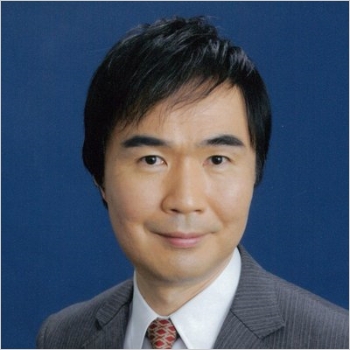
Satoshi Matsuoka
RIKEN R-CCS
Biography
Ph. D. from the University of Tokyo in 1993. A Full Professor at the Global Scientific Information and Computing Center (GSIC), the Tokyo Institute of Technology since 2000, and the director of the joint AIST-Tokyo Tech. Real World Big Data Computing Open Innovation Laboratory (RWBC-OIL) since 2017. Director at R-CCS along with Specially Appointed Professor duty at Tokyo Tech starting 2018. The leader of the TSUBAME series of supercomputers won world #1 in power-efficient computing. Various major supercomputing research projects in areas such as parallel algorithms and programming, resilience, green computing, and convergence of big data/AI with HPC. Written over 500 articles, and chaired numerous ACM/IEEE conferences, including the Program Chair at the ACM/IEEE Supercomputing Conference (SC13). As a Fellow of the ACM and European ISC, won many awards, including the JSPS Prize from the Japan Society for Promotion of Science in 2006, presented by his Highness Prince Akishino; the ACM Gordon Bell Prize in 2011; the Commendation for Science and Technology by the Minister of Education, Culture, Sports, Science and Technology in 2012; the 2014 IEEE-CS Sidney Fernbach Memorial Award, the highest prestige in the field of HPC; and recently HPDC 2018 Achievement Award from ACM.
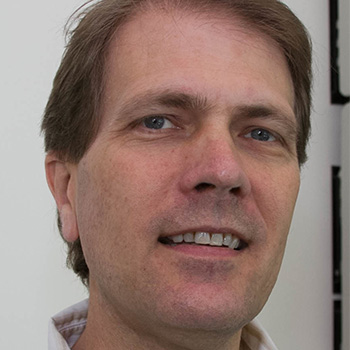
Bronis R. de Supinski
Lawrence Livermore National Laboratory
Biography
As Chief Technology Officer (CTO) for Livermore Computing (LC) at Lawrence Livermore National Laboratory (LLNL), Bronis R. de Supinski formulates LLNL's large-scale computing strategy and oversees its implementation. He frequently interacts with supercomputing leaders and oversees many collaborations with industry and academia. Previously, Bronis led several research projects in LLNL's Center for Applied Scientific Computing. He earned his Ph.D. in Computer Science from the University of Virginia in 1998 and he joined LLNL in July 1998. In addition to his work with LLNL, Bronis is a Professor of Exascale Computing at Queen's University of Belfast and an Adjunct Associate Professor in the Department of Computer Science and Engineering at Texas A&M University. Throughout his career, Bronis has won several awards, including the prestigious Gordon Bell Prize in 2005 and 2006, as well as two R&D 100s. He is an IEEE Fellow.
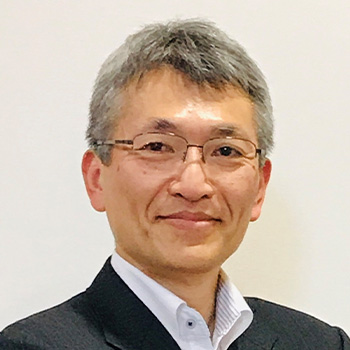
Toshiyuki Shimizu
Fujitsu Ltd.
Biography
Mr. Toshiyuki Shimizu is Principal Engineer of Platform Development Unit, at Fujitsu Limited. Mr. Shimizu started at Fujitsu Laboratories with the research and development of the AP1000 massively parallel supercomputer system.
His primary research interest is in interconnect architecture, most recently culminating in the development of the Tofu interconnect for the K computer. He led the development of Fujitsu’s high-end supercomputer PRIMEHPC series
and Supercomputer Fugaku.
Mr. Shimizu received his Master of Computer Science degree from Tokyo Institute of Technology in 1988.
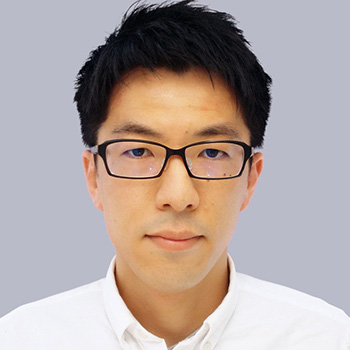
Koichi Shirahata
Fujitsu Laboratories Ltd.
Biography
Koichi Shirahata is a Senior Researcher of the ICT Systems Laboratory at Fujitsu Laboratories Ltd. His current research interest includes efficient algorithms and software optimizations for distributed deep learning and scientific simulations, including AI-based surrogate models for structural analysis, utilizing GPU-based and Fujitsu’s A64FX CPU-based HPC systems. He received a Ph.D. with an emphasis in MapReduce-based large-scale data processing on GPU-based heterogeneous supercomputers from Tokyo Institute of Technology in 2015.
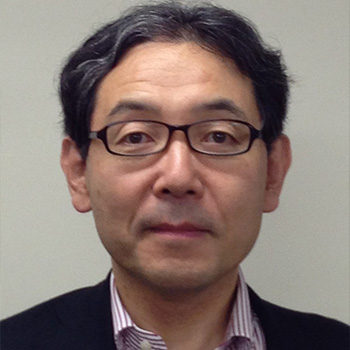
Shigenori Tanaka
Kobe University
Biography
Shigenori Tanaka received his PhD in theoretical physics in 1986 from the University of Tokyo. He worked as a research associate at the University of Tokyo, and later as a researcher at the Toshiba Research and Development Center. Meanwhile, he worked at the California Institute of Technology in 1995–1996 as a visiting researcher. Since 2004, he has been a professor at Kobe University. He was also a project leader for JST-CREST "Development of biomolecular calculation software on the basis of the fragment molecular orbital method" in 2004-2010 and is currently a program officer of in-silico analysis unit of AMED-BINDS. His primary research interests are the development of first-principles computational methods for biomolecular systems and their applications for bottom-up modeling of biological phenomena.
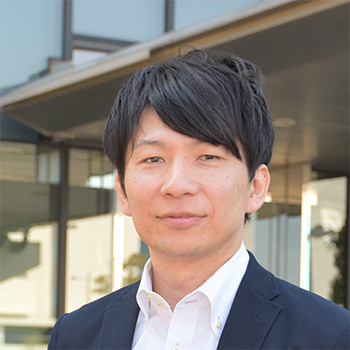
Hiroyasu Inoue
University of Hyogo
Biography
Hiroyasu Inoue, a Ph.D. in informatics from Kyoto University, has been an associate professor at the Graduate School of Simulation Studies, University of Hyogo since 2015. From 2011 to 2012, he was a visiting professor at the Center for Complex Network Research at Northeastern University, and at Kiel University from 2018 to 2019. His research fields are complex system, computational social science, artificial intelligence, and data science. His recent works mainly focus on large-scale simulations based on micro data of economies and use parallel computers. He received an Japan Association for Evolutionary Economics Prize in 2017.
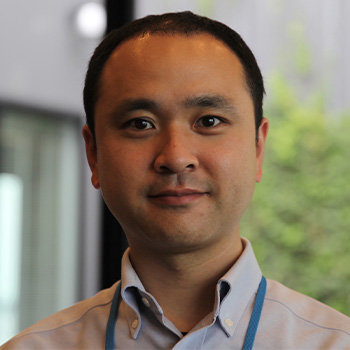
Hisashi Yashiro
National Institute for Environmental Studies
Biography
Dr. Hisashi Yashiro is a senior researcher at the National Institute for Environmental Studies (NIES) in Tsukuba, Japan. He is a member of the project of Greenhouse gases Observing Satellite (GOSAT). He obtained a Ph.D. degree in geophysics (atmospheric science) from Tohoku University. From 2011 to 2019, he was a member of RIKEN R-CCS as a research scientist and worked on the weather/climate modeling and contributed to the large-scale weather simulation on the K computer. He is a core developer of the Nonhydrostatic ICosahedral Atmospheric Model (NICAM), which is a Japanese Next-generation climate model. He is also a member of the FLAGSHIP2020 project in RIKEN R-CCS. He works on the system-application co-design between the computational science of weather/climate domain and the supercomputer Fugaku.
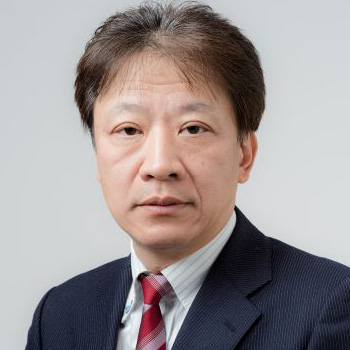
Chisachi Kato
University of Tokyo
Biography
Dr. Chisachi Kato is a professor of mechanical engineering and a director of Center for Research on Innovative Simulation Software (CISS) at the University Tokyo. He specializes fluid mechanics/engineering, computational and experimental fluid dynamics/aeroacoustics, turbomachinery, automobile engineering, and ship hydrodynamics. Upon graduation from the Graduate School of Engineering at the University of Tokyo in 1984, Dr. Kato joined, and worked as a research engineer for about 15 years, at the Mechanical Engineering Research Laboratory of Hitachi, Ltd. In 1995, he was conferred his doctoral degree in engineering from the University of Tokyo. In January 1999, Dr. Kato moved to the Institute of Industrial Science (IIS), the University of Tokyo and was appointed as a professor in January 2003. Dr. Kato has been consecutively led many government-funded projects, aimed at development and diffusion of large-scale application software for use in the related industries, which has resulted in more than 110,000 downloads of the developed software.
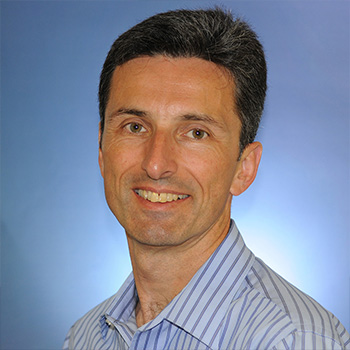
Gerhard Hummer
Max Planck Institute of Biophysics
Biography
Gerhard Hummer studied physics at the University of Vienna, Austria. He received his PhD in 1992 for work at the University of Vienna, Austria, and the Max-Planck-Institute for Biophysical Chemistry, Göttingen, Germany. He joined the Los Alamos National Laboratory (NM, USA), first as a postdoctoral fellow (1993-1996) and then as a group leader (1996-1999). In 1999, he moved to the National Institutes of Health (MD, USA), where he became Chief of the Theoretical Biophysics Section, and Deputy Chief of the Laboratory of Chemical Physics, NIDDK. In 2013 he was appointed as scientific member and director at the Max Planck Institute of Biophysics in Frankfurt, Germany, where he heads the Department of Theoretical Biophysics. Since 2016, he is also Professor of Biophysics at the Goethe University in Frankfurt. Gerhard Hummer uses molecular simulations, integrative modeling and theory to study the structure, dynamics and function of biological systems at the molecular level. His current research focuses on membrane dynamics and remodeling processes in cellular homeostasis, autophagy and viral infection. Gerhard Hummer is a Fellow of the American Physical Society (2005), a Senior Fellow of the Frankfurt Institute for Advanced Studies (2015), and a recipient of the Raymond and Beverly Sackler International Prize in Biophysics (2010) and the Nancy Nossal Scientific Mentorship Award at the NIH (2010).
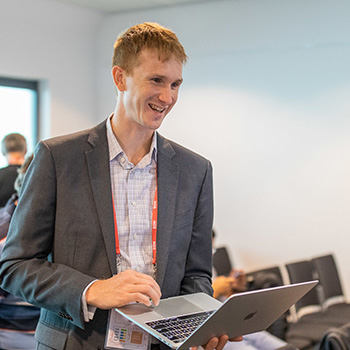
John Linford
Arm
Biography
John Linford leads Arm's "HPC Iron" team of computing experts and enjoys maximizing application performance on weird and wonderful hardware. John is the creator of TAU Commander, a user-focused high-productivity environment for the TAU Performance System, and the Kppa source-to-source compiler for chemical kinetics. John frequently delivers and hosts workshops, tutorials, and hackathons for technologies and concepts ranging from vectorization to source instrumentation to exascale computing and HPC trends. His research interests include software performance analysis, extreme-scale systems, and earth systems modeling.
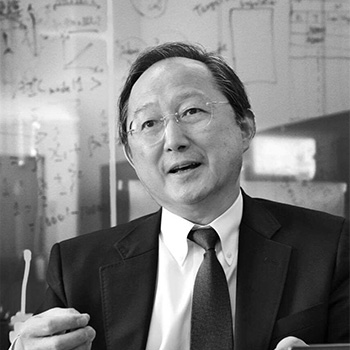
Satoru Miyano
Tokyo Medical and Dental University
Biography
Satoru Miyano, PhD, is the Founding Director of M&D Data Science Center, Tokyo Medical and Dental University in April 2020 after finishing his mission of Director of Human Genome Center, the Institute of Medical Science, the University of Tokyo. He received the B.S. (1977), M.S. (1979) and PhD (1984), all in Mathematics from Kyushu University, Japan. He is 2013 Fellow of the International Society for Computational Biology. He received 2016 Uehara Award for cancer genomics and 2020 Healthy Society Award on pioneer division.
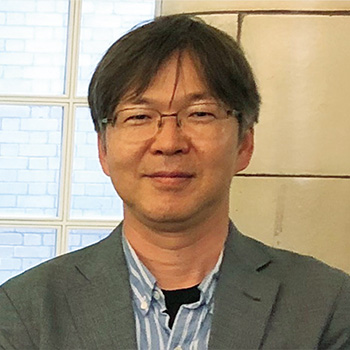
Takane Hori
JAMSTEC
Biography
Dr. Takane Hori is a principal researcher and the director of Research and Development Center for Earthquake and Tsunami Forecasting in Research Institute for Marine Geodynamics, JAMSTEC. He is interested in forecasting of earthquake generation and its application to disaster mitigation. He and his team have been developing real-time monitoring and forecasting systems for earthquake and tsunami in subduction zones. He leads one of the programs for Promoting Researches on the Supercomputer Fugaku.
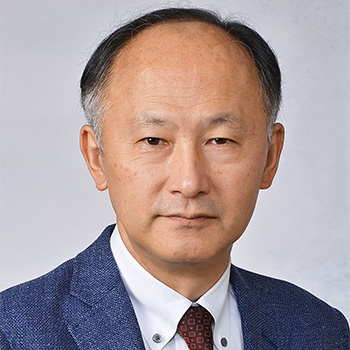
Shinobu Yoshimura
The University of Tokyo
Biography
Vice President, The University of Tokyo (UTokyo)
Professor, Dr., Department of Systems Innovation, School of Engineering, UTokyo
Vice President, IACM (Int. Association for Computational Mechanics)
President, APACM (Asia-Pacific Association for Computational Mechanics)
IACM Fellow Award, (Barcelona, Spain)(2014.7)
APACM Computational Mechanics Award, (Singapore)(2013.12)
JACM Computational Mechanics Award (2011.7)
IEEE/ACM SC 06 Gordon Bell Award finalist (IEEE/ACM, Tampa, USA)(2006.11)
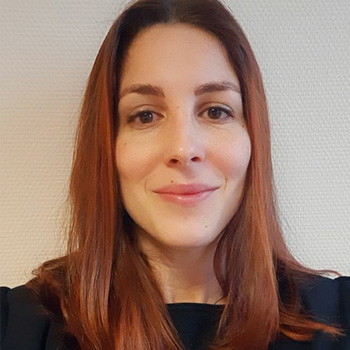
France Boillod-Cerneux
CEA
Biography
I completed a PhD in HPC/Krylov methods at CEA, and then worked at Bull in HPC support team and benchmarking team. I am now working since end of 2018 at Fundamental Research Division at CEA, in charge of HPC/AI/Big data projects.

